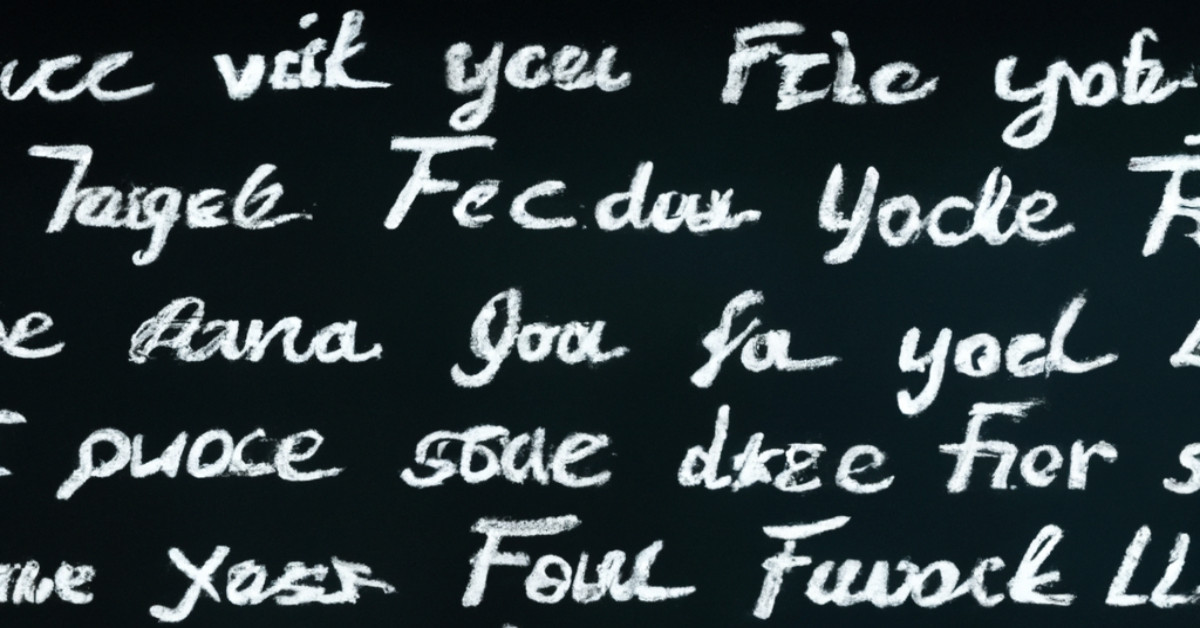One look at the schedule for Norwescon (Seattle, April 6-9) told me I had some tough choices to make. Without a time machine, I’d have to miss many fascinating sessions. But I could not skip Language in Science Fiction, paneled by authors David D. Levine, Erica L. Satifka, and Joseph Malik.

While Star Trek required a full language for the Klingon race, your work-in-progress may need a subtler approach, such as the vibrating web language of the spiders in Adrian Tchaikovsky’s Children of Time, or the chemical messages of plants in Semiosis by Sue Burke. The panelists discussed many more examples, too numerous to list.
The real fun began with the discussion of the Sapir–Whorf hypothesis, or linguistic relativity. The intermingling of language, culture, and psychology will strengthen any work of fiction. What does your fictional language tell the reader about your alien culture? A lack of irregular verbs might demonstrate societal refinement—or absolute submission to law. Cultures in a drought-stricken dystopian future might employ multiple words for water to differentiate character and quality. I’m confident that the time-fluid aliens of Ted Chiang’s Story of Your Life would have much more to say on Sapir–Whorf.
Maybe your fictional language lacks the verb “to be.” Overuse of this passive verb can weaken your writing, and you should avoid it anyway. Bonus points if you noticed its absence in this article.
Which leaves one important question. When a culture cannot passively exist, can members of it still enjoy Hamlet?

Paul is a prizewinning science fiction author, technology blogger, and former punk rock drummer. At age six, he saw 2001: A Space Odyssey on the big screen, which lead him to a collection of Clarke’s short stories and a lifelong insatiable appetite for mind-bending science fiction. Paul’s edgy, techno-smart stories were influenced by his career as a virtual reality software developer and the time he spent drumming for punk and alternative bar bands. He puts his protagonists in bad situations, then makes sure they end up worse off. Originally from Flint, MI, Paul resides in Colorado, where he tries to avoid reliving his punk rock days. He is still trying to teach his cat to play drums.

